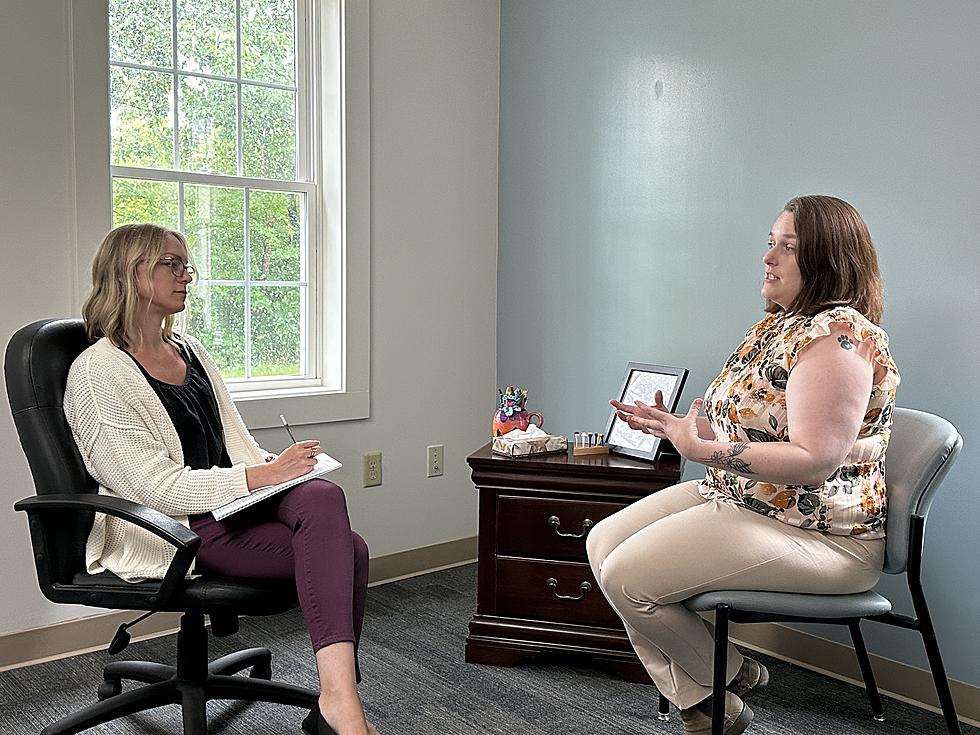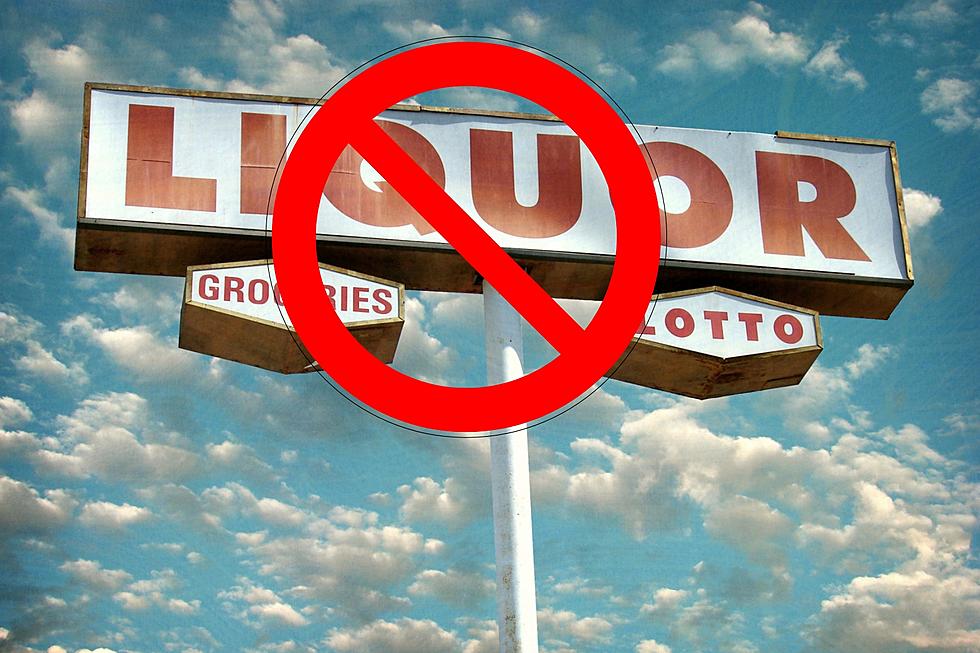
Recognizing the Signs: Is Your Loved One Struggling with an Eating Disorder?
When it comes to eating disorders, early intervention is ideal when working toward eating disorder recovery. But recognizing the signs can be a challenge, as those affected by these disorders may go to great lengths to hide their struggles.
Lindsay Susi, Clinical Director of the New England Eating Disorders Program at Sweetser, emphasizes that trying to overcome an eating disorder alone is incredibly challenging.
“We’ve had many patients attempt to ‘get through it on their own’ prior to starting with us, but these are incredibly challenging diagnoses to face alone," she says, which is why it's crucial to be aware of the signs that someone you care about might be suffering from an eating disorder.
One common indicator is a rapid or drastic change in weight. Significant weight loss or gain without a clear medical reason can be a sign that something is amiss. Another red flag is the elimination of entire food groups from one's diet without a valid medical necessity. If you notice that food is mysteriously disappearing from your home or that someone frequently heads to the bathroom after eating, it may be time to investigate further.
Paying attention to vital signs such as heart rate and blood pressure is also important, as irregularities in these can be linked to eating disorders. Additionally, the loss of one's menstrual period, known as amenorrhea, can indicate a severe problem.
If you observe these signs in someone you love, it's crucial to seek professional help. The New England Eating Disorders Program (NEED) at Sweetser is ready to provide guidance and support on the journey to recovery.
Reaching out to them could be the turning point toward healing. No matter how helpless the situation may seem, NEED at Sweetser offers a lifeline to regain control and security for brighter days ahead.
To start the path to eating disorder recovery, you can contact the NEED intake office at 207-294-4522 or visit them online to learn more today.

